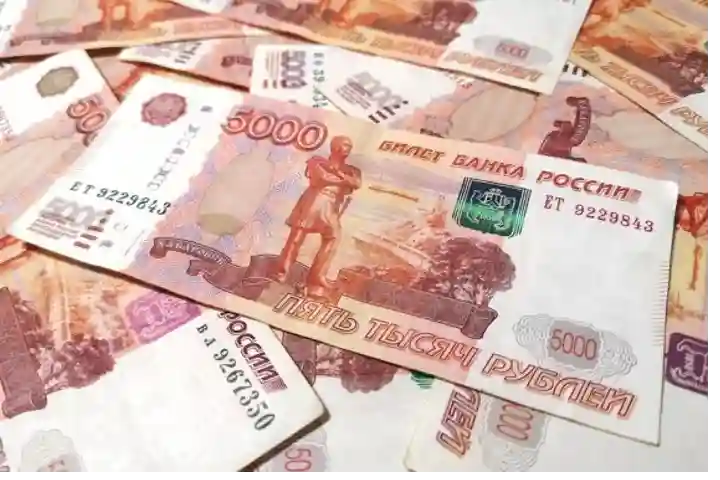The steady devaluation of the Russian currency- ruble – in the last few days is expected to push up prices further in the country. In January this year, Russia’s annual inflation measured by the consumer price index touched 8.73 per cent— the highest since January, 2016.
In the corresponding month in the previous year, the figure was 5.2 per cent.
The current inflation rate is almost double of the 4 per cent inflation target set by the Central Bank of Russia (CBR) despite aggressive monetary tightening. But as Russian President Vladimir Putin on Monday announced recognition of two separatist ruled regions in Ukraine as independent states, uncertainty for the common citizens has risen even more with the West already threatening to impose sanctions.
Food prices have increased by over 10 per cent. And now with imminent sanctions, the going would just get tougher. The ruble could further lose sheen adding to the problem.
The central bank, with an eye on controlling inflation is expected to further hike interest rates. On February 11, the CBR raised the benchmark rate by 100bps to 9.5 per cent, which is a five-year high.
The Moscow Times quoting a survey said that “rising prices have become a political headache for the Kremlin, as inflation is regularly cited by Russians as the biggest problem. The survey also revealed that only 16 per cent of respondents believe their personal economic situation will improve in 2022.
Also read: How should India respond to the crisis in Ukraine?
The surge in inflation has also impacted the household disposable incomes that have dropped by around 10 per cent since 2013, though Vladimir Putin at a recent Ministerial-level discussion held on February 17 said that incomes were going up.
At the meeting, Putin also said that it was important to coordinate the efforts between the government and the central bank to effectively deal with the inflation problem.
“I would like to specifically point out that inflation has recently become a serious challenge for most countries. In Russia, consumer prices accelerated by 8.7% year-on-year in January, which is noticeably above the target. However, the situation in the so-called developed market economies is not much better either,” he said.
Inflation has been on the rise in Russia throughout the last year.
Meanwhile, the country’s currency tumbled further after Putin on Monday signed a decree giving recognition to the breakaway separatist-ruled regions of Ukraine as independent states. On February 1, the ruble was pegged at around 75.35 to a dollar. Within less than a month, it has breached the 80 to a dollar level –the lowest in 15 months.
As the ruble continued to be volatile, the CBR has not firmed up plans on resumption of foreign exchange purchases.
Also read: UNSC: India asks all sides to exercise restraint amid escalating tension along Ukraine-Russia border
The uncertainty has already led to a rise in crude oil prices after the UK and several other countries threatened to impose sanctions on Russia, the second largest exporter of crude after Saudi Arabia. Russia supplies about 35 per cent of the total energy requirements of Europe.
With this new turn in geopolitical dynamics, global economic recovery will be under pressure.




















